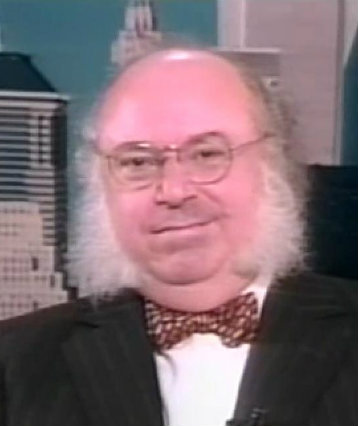Introduction
Books instruct and inspire, habitual practice produces character, but in George Washington’s case it is most of all the deeds that make the man. And, in the view of American author and editor Myron Magnet (b. 1944), from whose crisply written 2012 essay this selection is excerpted, it is great men who make history and George Washington is, for this thesis, “Exhibit A.” This selection provides a synoptic yet engaging account of Washington’s rise from promising young man to commander in chief of the American army in the War of Independence, tracing his path from surveyor to militia man to entrepreneur in land speculation to delegate to the Virginia House of Burgesses to military leader. The selection ably weaves together Washington’s entry upon his full maturity with the historical events leading up to the birth of the nation that he was to help found and lead.
What, according to Magnet, does Washington learn from his experiences—as surveyor, soldier, entrepreneur, etc.—and how do those experiences form his vision for his future nation and prepare him for his starring role in bringing it into being? What in particular does he learn from (a) his time with Braddock, and (b) his “three hard years of patrolling the frontier”? Although he did not have a rebellious nature, Washington gradually comes to see the necessity of revolution. What led him to this conclusion? How does he rise from being “a lightweight in the House of Burgesses” to being its leader? What do you see of Washington at this stage of his life that might lead you to predict that he would become what historian James Flexner called “the Founding’s indispensable man”?



Post a Comment